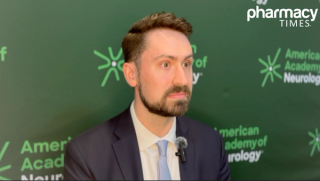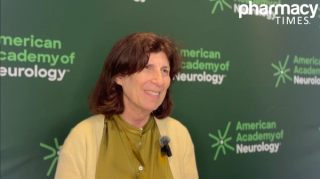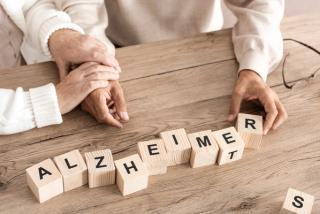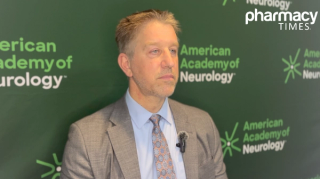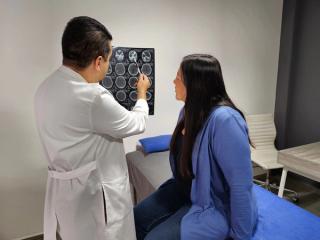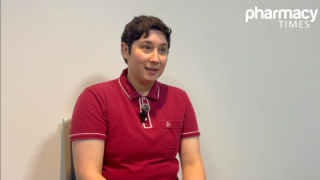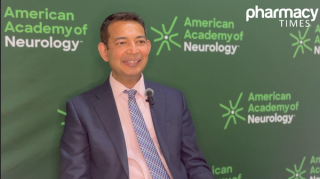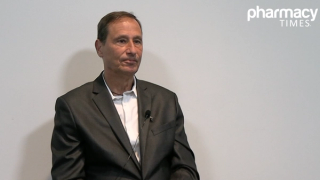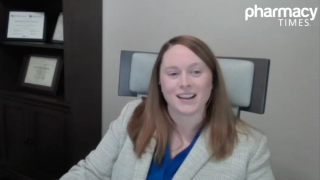
Neurology
Latest News
Latest Videos

CME Content
More News

Research uncovers the crucial role of lipids and microglia in Alzheimer disease, revealing new therapeutic targets for treatment and brain health.

With this approval, Itvisma has become the first and only gene replacement therapy available for children 2 years and older, teenagers, and adults with SMA.
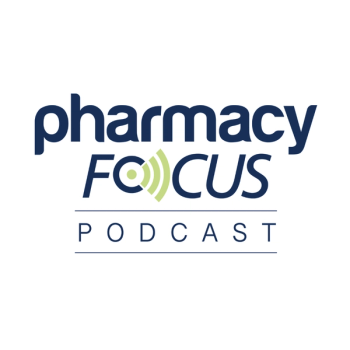
Headache specialist Shivang Joshi, MD, MPH, RPh, FAHS, explains how the dual-mechanism combination of meloxicam and rizatriptan fits into acute migraine treatment.
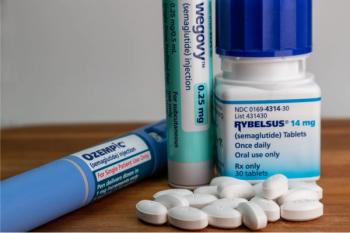
The 1-year extension period in trials will be discontinued based on the efficacy results observed in the overall study population, said Novo Nordisk.

A new study reveals fluoride in tap water enhances cognitive performance, debunking claims of its link to neurodevelopmental delays and lower IQ.

Selumetinib gains FDA approval for adults with neurofibromatosis type 1, offering hope for those with inoperable plexiform neurofibromas.

Compared with late postmenopausal women, menopausal hormone therapy (MHT) may influence certain Alzheimer disease-related biomarkers in early postmenopausal women.
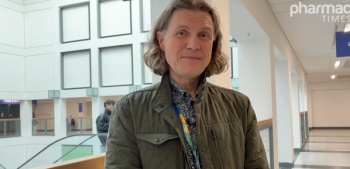
Thor Halfdanarson, MD, discussed early results showing favorable response rates and manageable safety with ^212Pb-VMT-α-NET, along with the role of PET imaging in optimizing patient selection for future trials.

Oncologist Thor Halfdanarson reviews dose-finding data for the targeted α radioligand therapy [^212Pb]VMT- α-NET, highlighting manageable toxicity, stable renal function, and plans for phase 2 evaluation.

Hallucinatory affects associated with psychedelic drugs and Lewy body diseases may have some commonalities.

New research confirms that calcium supplements do not increase dementia risk in older women, supporting their use for bone health without cognitive concerns.
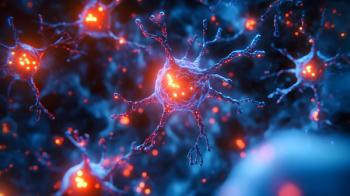
BMS-986446 shows promise as a fast-tracked therapy for early Alzheimer disease, targeting tau protein to alter disease progression.
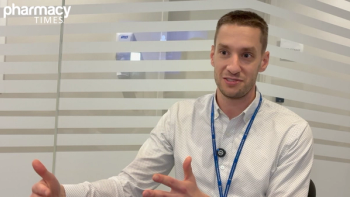
Adam Kahleifeh, PharmD, BCOP, discusses the impact of IDH mutations in low-grade gliomas.
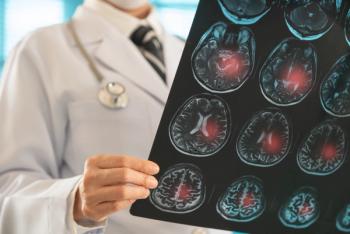
New intravenous formulation GTx-104 shows promise in improving brain health outcomes for patients with aSAH, offering safer treatment options for pharmacists.

However, experts say that a causal relationship between acetaminophen and autism has not been established.
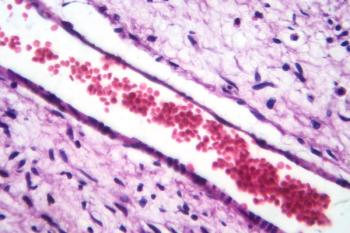
Selumetinib gains expanded FDA approval for younger pediatric patients with neurofibromatosis type 1 plexiform neurofibromas, enhancing treatment options and addressing significant disease-related challenges.
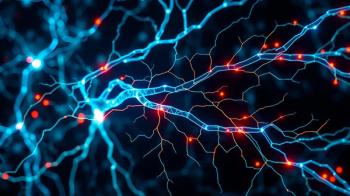
Both cemdisiran alone and combined with pozelimab improved the Myasthenia Gravis Activities of Daily Living score in patients with generalized myasthenia gravis.

FDA approves a new extended-release suspension formulation of risperidone for schizophrenia, expanding treatment options for patients.

The subcutaneous injection for maintenance treatment enhances accessibility and reduces infusion time for patients.

The new data highlight how dietary changes could fuel Alzheimer- and dementia-related mechanisms.

The complete response letter (CRL) stated that vatiquinone's new drug application (NDA) did not provide substantial evidence of efficacy and would need to be evaluated in a new trial.
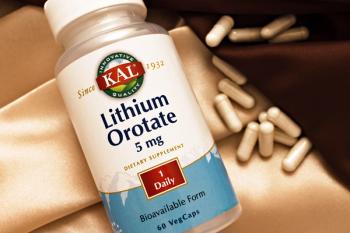
Harvard researchers reveal lithium deficiency as a potential early driver of Alzheimer disease, suggesting new treatment avenues for patients.

The FDA approved fremanezumab for pediatric migraine prevention, offering a new treatment option for children and adolescents aged 6 to 17 years.

Hospitalized older adults infected with SARS-CoV-2 had faster declines in executive function and memory compared with both uninfected and nonhospitalized infected patients.
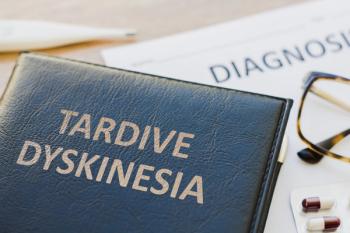
VMAT2 inhibitors can improve movement symptoms.






